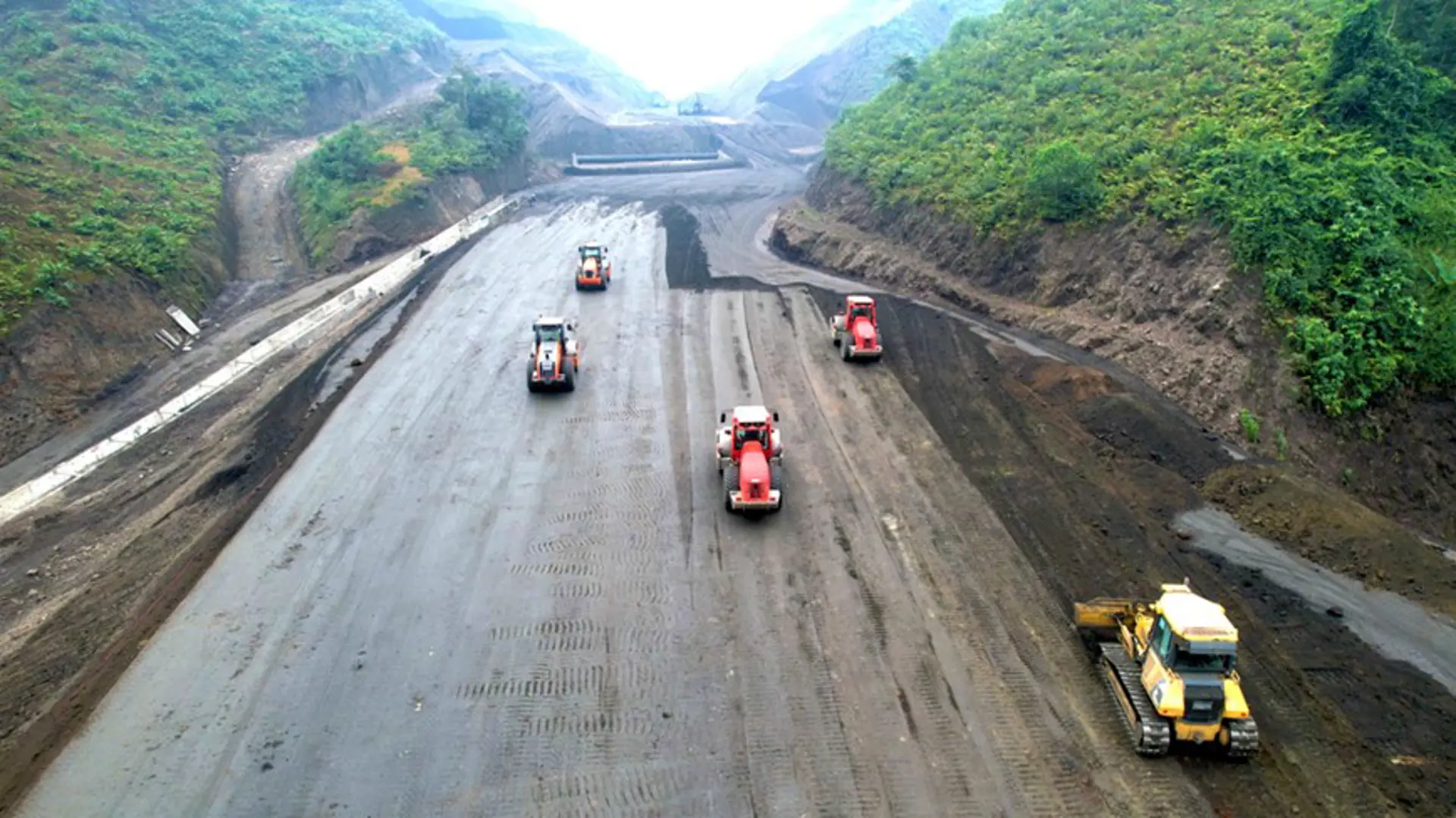Amended Capital Law to develop Hanoi’s cultural industries
With special provisions to foster cultural industries in Hanoi, the amended Capital Law is expected to establish the capital as the nation's beating heart.
Part of the amended Capital Law is dedicated to culture as Hanoi is a national cultural hub with the largest number of monuments, heritage, and artisans.
Building the capital as a center of culture
Deputy Tran Hoang Ngan (Ho Chi Minh City) said that the capital is a political and administrative nerve center of the country, so there should be more decentralization of power to Hanoi. The capital's government should prioritize culture, health, education, science and technology instead of focusing only on the economy.
He argued that the local government should focus on preserving Hanoi's cultural heritage and values, especially places with sacred historical significance.
| A silver carved product of Dinh Cong Village is on display at the Hanoi Museum. Photo: Ngo Minh/The Hanoi Times |
"Hanoi and Ho Chi Minh City are gateways to international exchange and integration. Therefore, we need the most favorable institutions and the strongest decentralization for Hanoi. People all over the country always have faith and love for Hanoi and expect the capital to be a pioneer in development," Ngan said.
Speaking at the National Assembly's plenary session on November 27, Deputy Hoang Van Cuong (Hanoi) said that the development and management of the capital must aim to make it a civilized, modern, and cultured metropolis that meets higher requirements than the country's general standards.
The 2012 Capital Law provided policy directions and specific provisions to promote the development of cultural industries in Article 11: Cultural Conservation and Development.
| Bui Hoai Son, Deputy of Hanoi, Standing Member of the National Assembly's Culture and Education Committee. |
The amended Capital Law has more specific provisions for developing cultural industries in Hanoi, such as the Establishment of a "Trade and Culture Promotion Zone"; Incentives for investment in cinema, performing arts, fine arts, photography, exhibitions, and cultural tourism; Establishment of the Capital's Heritage Conservation and Cultural Development Fund.
Speaking to The Hanoi Times, Bui Hoai Son, Hanoi deputy and permanent member of the National Assembly's Committee on Culture and Education, said this is a big step forward in the Capital Law.
Son affirmed that the draft law project should include exceptional mechanisms and policies for the capital's cultural industry to take the lead in the country, help Hanoi preserve and promote national cultural values and the capital's identity, and selectively assimilate the quintessence of world culture to enrich the capital's cultural heritage.
| Hanoi has many advantages for developing 12 cultural industries according to the government's strategy. Photo: Ngo Minh/The Hanoi Times |
The amended Capital Law should be able to intensify decentralization in heritage management; facilitate the formulation of policies favoring artisans and artists; invest through public-private partnerships in culture, arts, physical education, and sports; manage public cultural assets such as museums, libraries, and cultural centers; and offer tax incentives to promote the development of cultural industries.
He said the bill facilitates some cultural industries, including cinema, performing, and visual arts. However, fashion, software, entertainment games, advertising, handicrafts, and architecture should also be included according to the strategy for developing Vietnam's cultural industries, which covers 12 sectors, many of which Hanoi has strength in.
Sharing the same opinion, Deputy Pham Nam Tien (Dak Nong Province) said that the draft law must fully institutionalize all fields of cultural industries in the spirit of the Prime Minister's Decision No.1755 on the Strategy for the development of Vietnam's cultural industries to 2020, with a vision to 2030.
Tien recommended that the Government of Hanoi continue to study and complete the draft regulation on cultural infrastructure to meet the goals and vision of the strategy and remove bottlenecks in investment in culture.

Amended Capital Law drives Hanoi for higher results: Specialists
Ten years after the enactment of the 2012 Capital Law, the capital city is in need of a new mechanism for better socio-economic development.

Amended Capital Law helps Hanoi ensure urban rebalancing
A major change under the upcoming amended Capital Law is the imminent development of new, modern offices, industrial parks, university towns, and hospitals in Hanoi.

Amended Capital Law raises development standards above national average
Well-designed mechanisms will make Hanoi a driving force for socio-economic development while ensuring national defense, security, and cultural advancement.


























